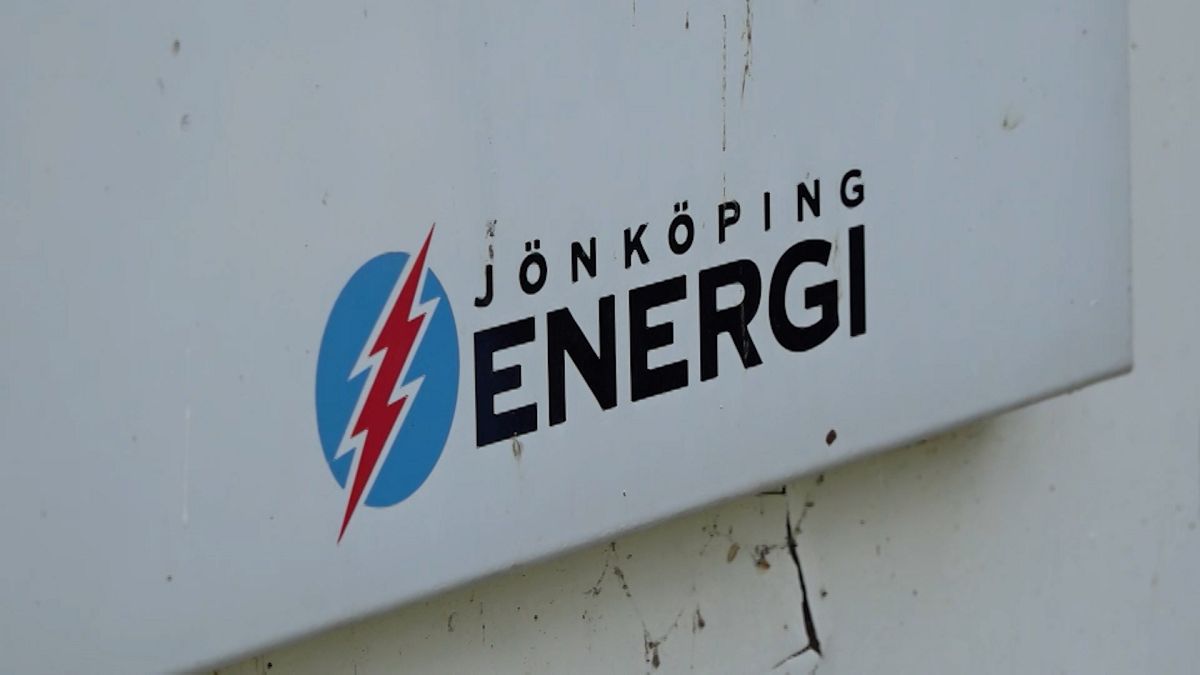Since Russia’s invasion of Ukraine in 2014, energy companies providing alternatives to fossil fuels have increasingly become targets of cyber attacks as part of hybrid warfare tactics. Renewable energy sources, such as hydroelectric, wind, and solar power, are particularly at risk due to their new and vulnerable technologies. NATO officials have identified renewable energy as a clear target for attack as it represents a shift away from Russian fossil fuels. Jönköping Energi in Sweden, which provides 40% of energy to 186,000 people, is now collaborating with NATO under the Nordic Pine exercise to prevent and respond to cyber and hybrid attacks.
Anders Ahlgren, an independent security expert, emphasizes the vulnerability of society to disruption due to its dependence on electricity. He highlights that disturbances in electricity can lead to fear and uncertainty among the public, making it an effective way to create chaos. The Nordic Pine exercise has brought together the private and public sector, as well as research institutions, to develop strategies to protect new energy infrastructure against cyber attacks. The exercise’s central finding is that prevention and preparedness are key in addressing the challenges of hybrid warfare, with communication between various sectors being crucial.
Cyber attacks from ransomware and disinformation campaigns have become common tactics to harm enemies without direct violence on the battlefield, following the attacks in Ukraine in 2014. Renewables, being a newer technology, are particularly vulnerable to these attacks. NATO officials have identified renewable energy as a target due to its movement away from Russian fossil fuels. Jönköping Energi, a renewable energy provider, is collaborating with NATO under the Nordic Pine exercise to prevent and respond to these attacks, recognizing the need for protection against cyber threats.
Anders Ahlgren points out the vulnerability of society to disruptions in electricity, stressing the importance of protecting energy infrastructure against cyber attacks. The dependence on electricity makes society highly susceptible to disruptions, causing fear and chaos among the public. The Nordic Pine exercise has highlighted the need for collaboration between governments, military commands, the private sector, and the general public to effectively prevent and respond to hybrid attacks. Communication and preparedness are crucial in addressing the challenges posed by cyber warfare.
The increasing sophistication of attackers poses a significant threat to energy companies providing renewable alternatives to fossil fuels. Cyber attacks, such as ransomware and disinformation campaigns, are now commonly used as part of hybrid warfare tactics to harm enemies indirectly. NATO officials have identified the renewable energy sector as a target due to its move away from Russian fossil fuels. Companies like Jönköping Energi in Sweden are taking proactive measures by collaborating with NATO under the Nordic Pine exercise to protect their energy infrastructure against cyber attacks.
Anders Ahlgren, an independent security expert, warns about the vulnerability of society to disruptions in electricity, emphasizing the need to protect energy infrastructure against cyber threats. The Nordic Pine exercise has emphasized the importance of prevention and preparedness in addressing the challenges of hybrid warfare. By bringing together the private and public sector, research institutions, and the general public, the exercise aims to establish communication channels for effectively preventing and responding to cyber attacks. In conclusion, the renewable energy sector must be vigilant and prepared to protect itself against cyber threats in today’s increasingly complex and interconnected world.











